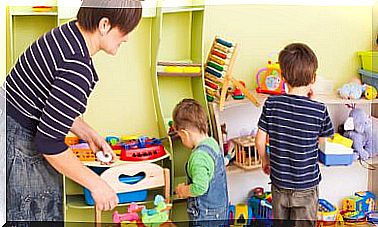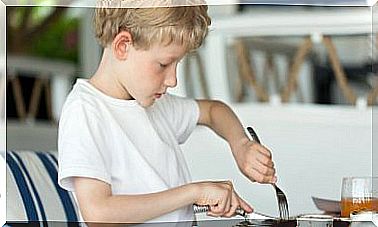Children And Friends: Talking About Social Distance
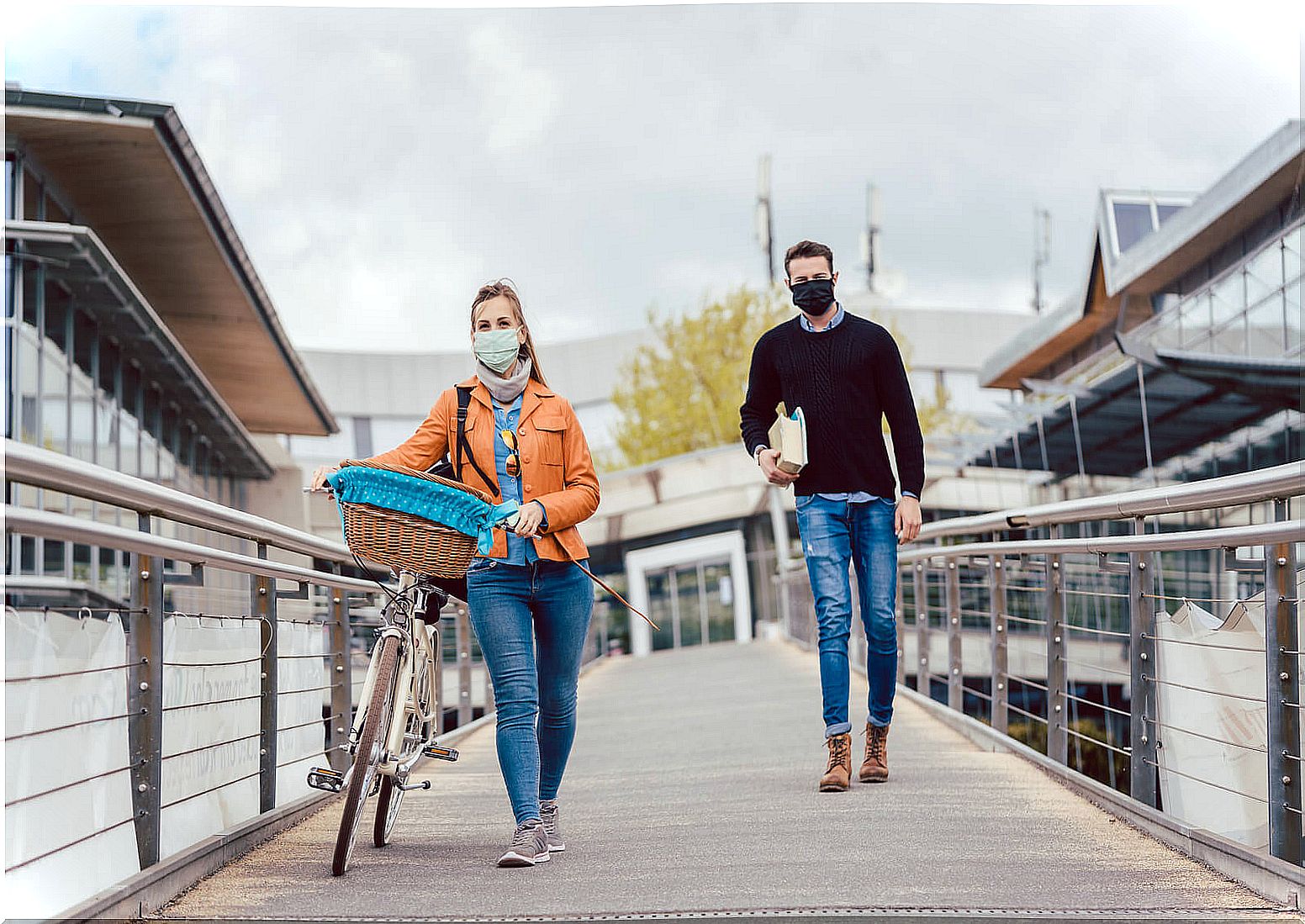
It is not easy to explain to children that social distance is mandatory, especially when they really want to see their friends, hug them and be with them.
But, in order to stop the spread of the coronavirus (COVID-19), it is indicated that we practice social distancing. This is achieved by staying at home as much as possible, avoiding large gatherings and keeping at least two meters away from people who do not live in our home.
Although most people adhere to these guidelines, there are always exceptions, and if you have a friend who is not socially distanced, you may feel frustrated or angry.
We cannot control the behavior and choices of others, but we can have conversations with our children and friends that will help them understand and appreciate the importance of protecting the most vulnerable.
That social distance does not seem like a criticism
The key, of course, is to approach the matter in a way that does not come across as critical, which is unlikely to change your child’s or friend’s mind and lead to an argument. Not sure where to start or what to say? Try these tips and you will ensure that the subject does not become a problem.
1. Listen to what they have to say
You can start the conversation by asking your child or friend a few questions. Thus, you can have an idea of why they do not want to comply with social distance, despite the rules that must be followed.
Let him explain what he has in mind so that he can actively listen to you later. But don’t speak first or they will think you don’t understand and they won’t pay attention to you.
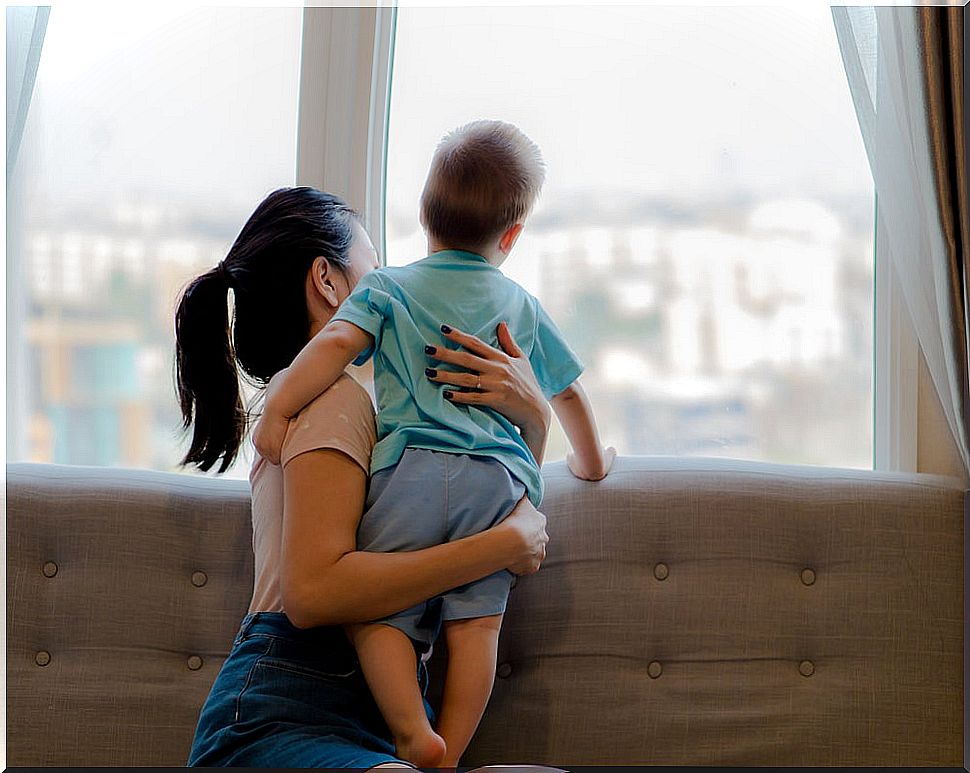
It may take a little while for her to understand what really matters, but it is essential and will surely be effective if you have a respectful and ongoing conversation on the subject. Explain to your child the importance of maintaining social distance with those who do not live in the same house.
2. Explain why social distance is important to you
It is convenient and necessary to explain why this problem matters so much to you. You can give examples of how the coronavirus can affect your life or the lives of the people you care about. You can also add factual information from reliable sources to back up each of the things you say.
Remember not to overload your child with information all at once or there will be no communication. Say what’s most important and use more than one conversation to capture everything you feel.
While reliable data and information can be helpful, people are often more effectively persuaded by emotional and interpersonal content.
So, for example, you could explain to your child or friend that you have a lot of concern about the pandemic and how it might affect the health of a parent, friend, or loved one who already has health problems.
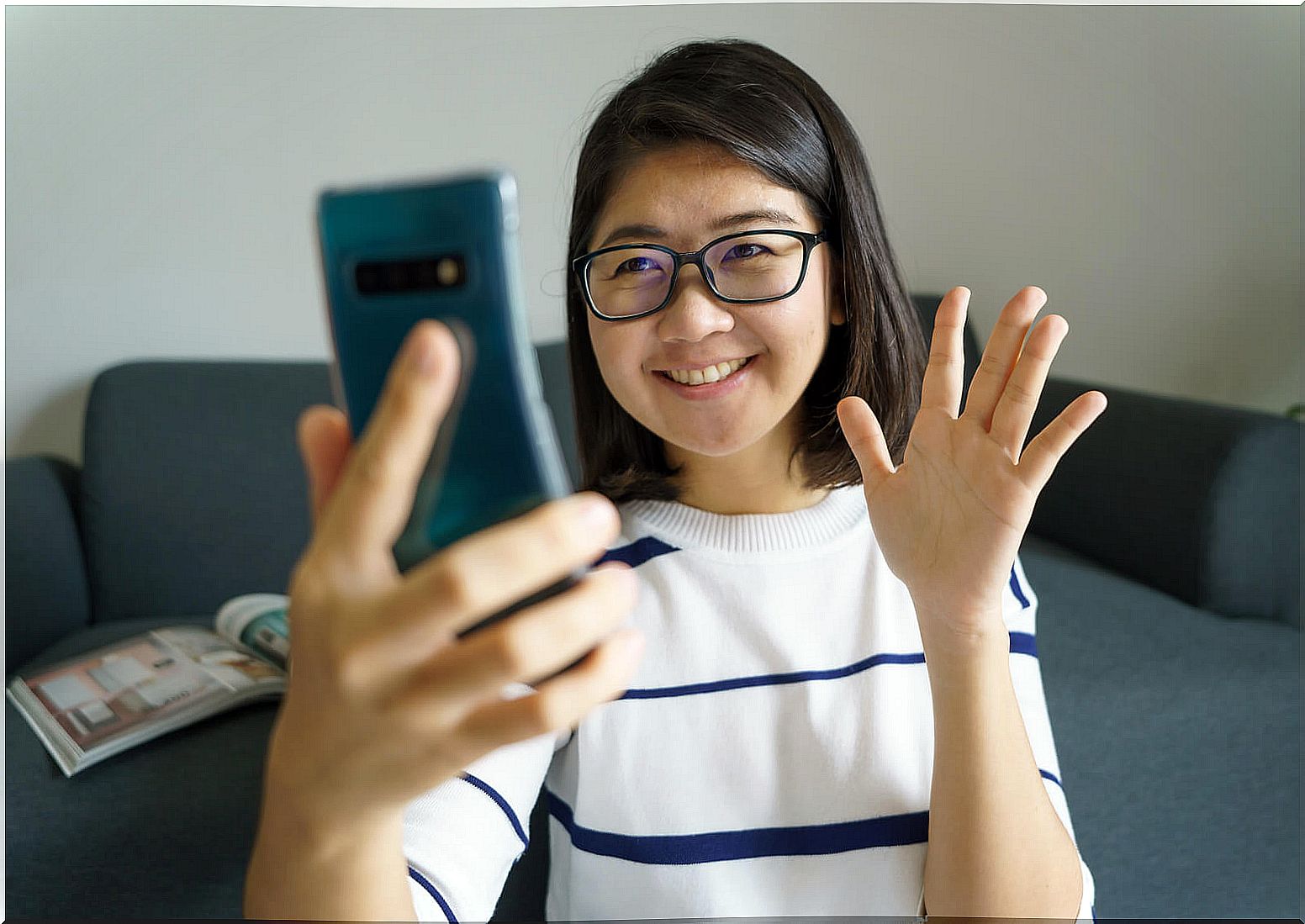
3. Recognize that it is also difficult for you, but that it is necessary
It can be helpful to share with your child your feelings about how you’ve come to accept the importance of social distance, even if you feel like hugging and kissing your loved ones too. After all, this has been a difficult process for all of us.
Don’t be afraid to let your guard down and acknowledge that you’ve struggled with this too, and need to learn more about it, to understand exactly why social distancing will save lives.
If you read articles or postings on social networks that you have resonated and have helped you to understand the seriousness of the situation, c omparte this information with your children and friends.
Social distance is uncharted territory, and most of us are discovering it as we go along. Giving examples of how you’ve made social distancing work for you could help your child follow that path.
On social distancing
In times of uncertainty, we often look to others for clues on how to respond to an unprecedented situation. Because we can’t spend time together in person, social media is a great way to share how we’re dealing with the isolation and boredom that accompany social distancing.
Social media is an opportunity for all of us to be examples of each other on how to respond to these uncertain times and thus take care of each other.



